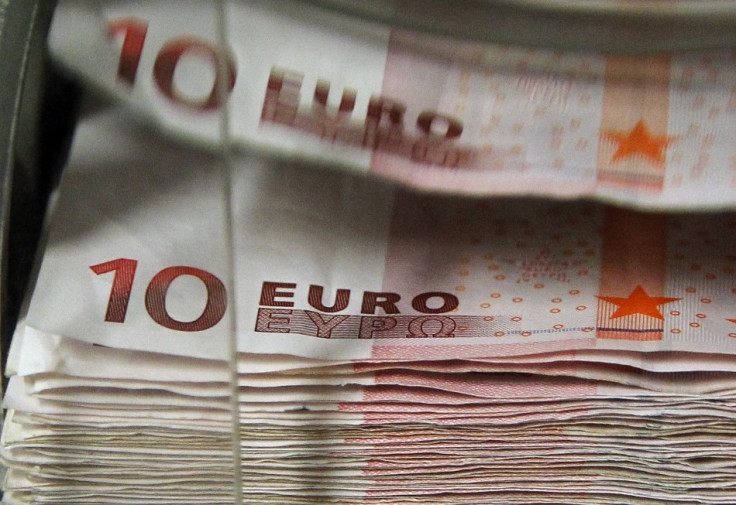Euro bounces from near multi-year lows on inflation; PMI and jobs data surprise

Euro rebounded on Monday from near multi-year lows hit earlier in the day helped by various economic indicators that show improving price and growth scenario for the currency region.
EUR/USD rose to 1.1220 from the day's low of 1.1160, its lowest since 26 January, when the pair touched a 11-year low of 1.1097.
The single currency rebounded from levels close to a decade high, as data showed German manufacturing conditions improved more-than-expected in February and consumer price deflation was less-than-expected in Eurozone in the month.
The manufacturing PMI (purchasing managers' index) compiled by Markit rose to 51.1 from 50.9 in January while analysts had been expecting a repeat.
"With demand rising, German manufacturers scaled up their production in February. Output has now increased for 22 months running, and the rate of expansion was little-changed from January's modest pace," the Markit press release said.
Italian and Greek PMIs also were better-than-expected, while the French figures were disappointing.
Italy's manufacturing PMI rose to 51.9 in February from 49.9 in January, even as the consensus was for 50.3. The French PMI declined to 47.6 from 49.2 compared to a forecast of 47.7. Greece's came at 48.4 from 48.3 in January.
Data after an hour from Eurostat showed that the Eurozone CPI rate rebounded to -0.3% in February from -0.5% in January against the market expectations of a deeper deceleration to -0.6%.
Other data released at the same time showed unemployment rate declining to 11.2% in January from 11.4% in December when the consensus was for 11.3%.
It was the positive US data revisions late on Friday (27 February) that pushed the euro down to new lows in Asia, earlier in Monday.
The US year-on-year GDP growth in the fourth quarter was revised up to 2.2% from the preliminary reading of 2.1% and the GDP price index was upped to 0.1% from 0.0%. In addition, the PCE deflation was revised to -0.4% from -0.5%.
© Copyright IBTimes 2024. All rights reserved.






